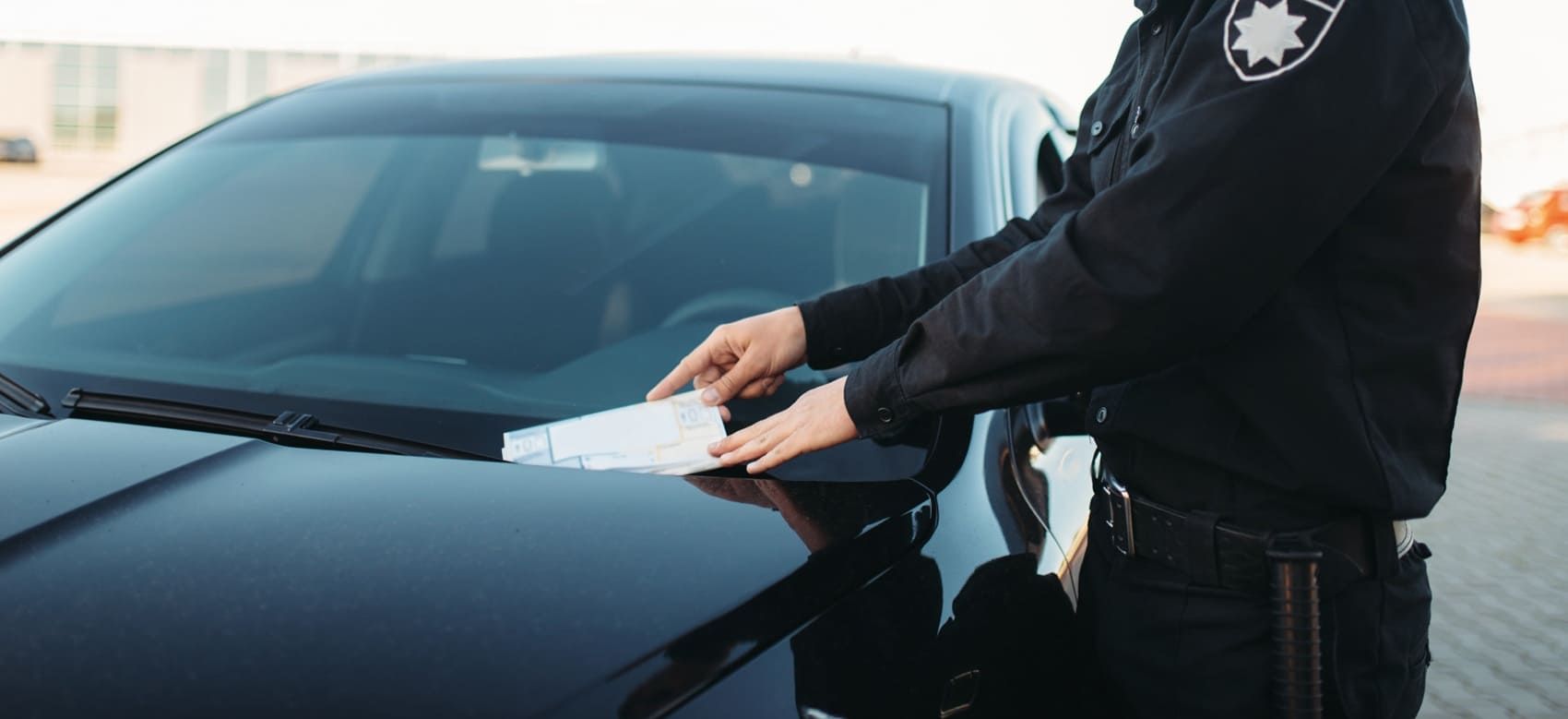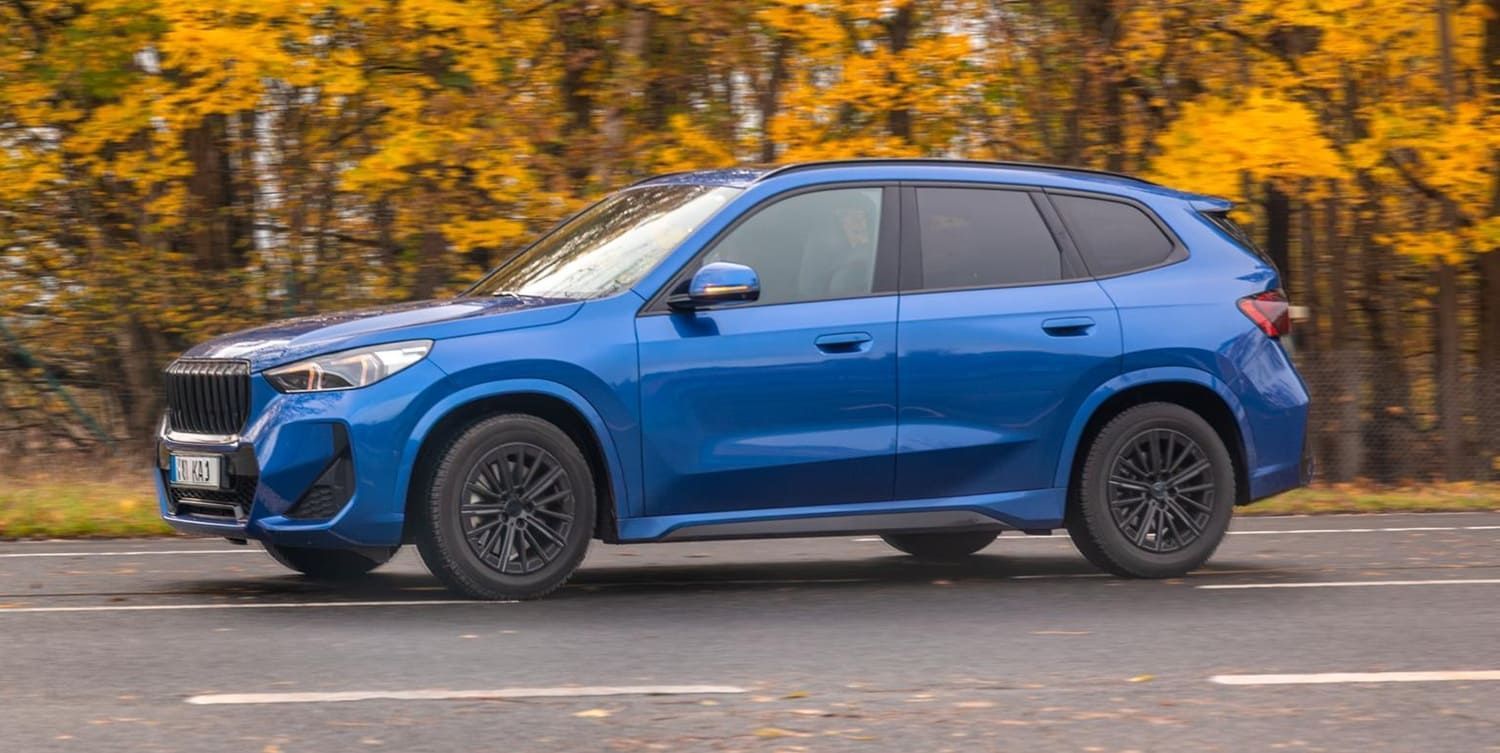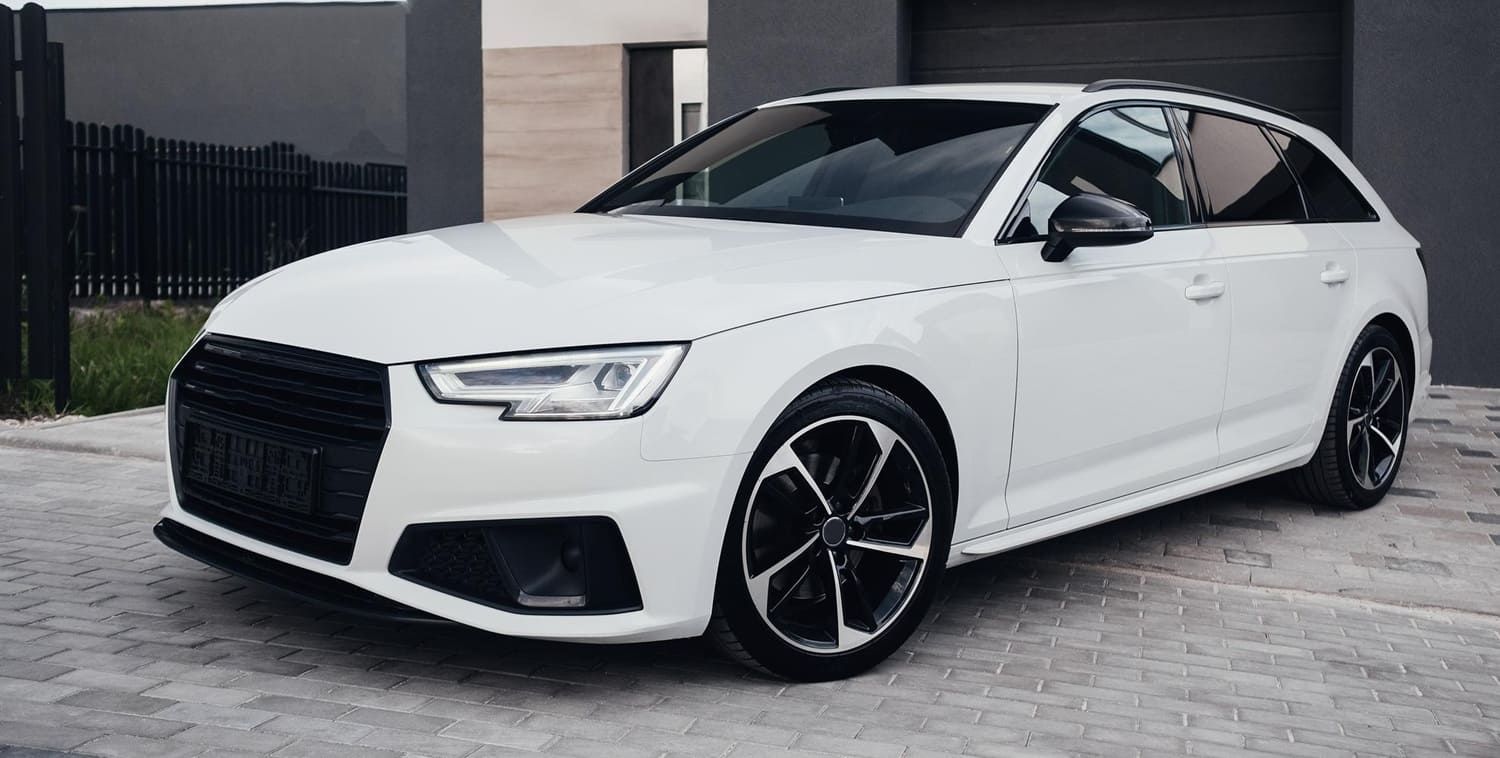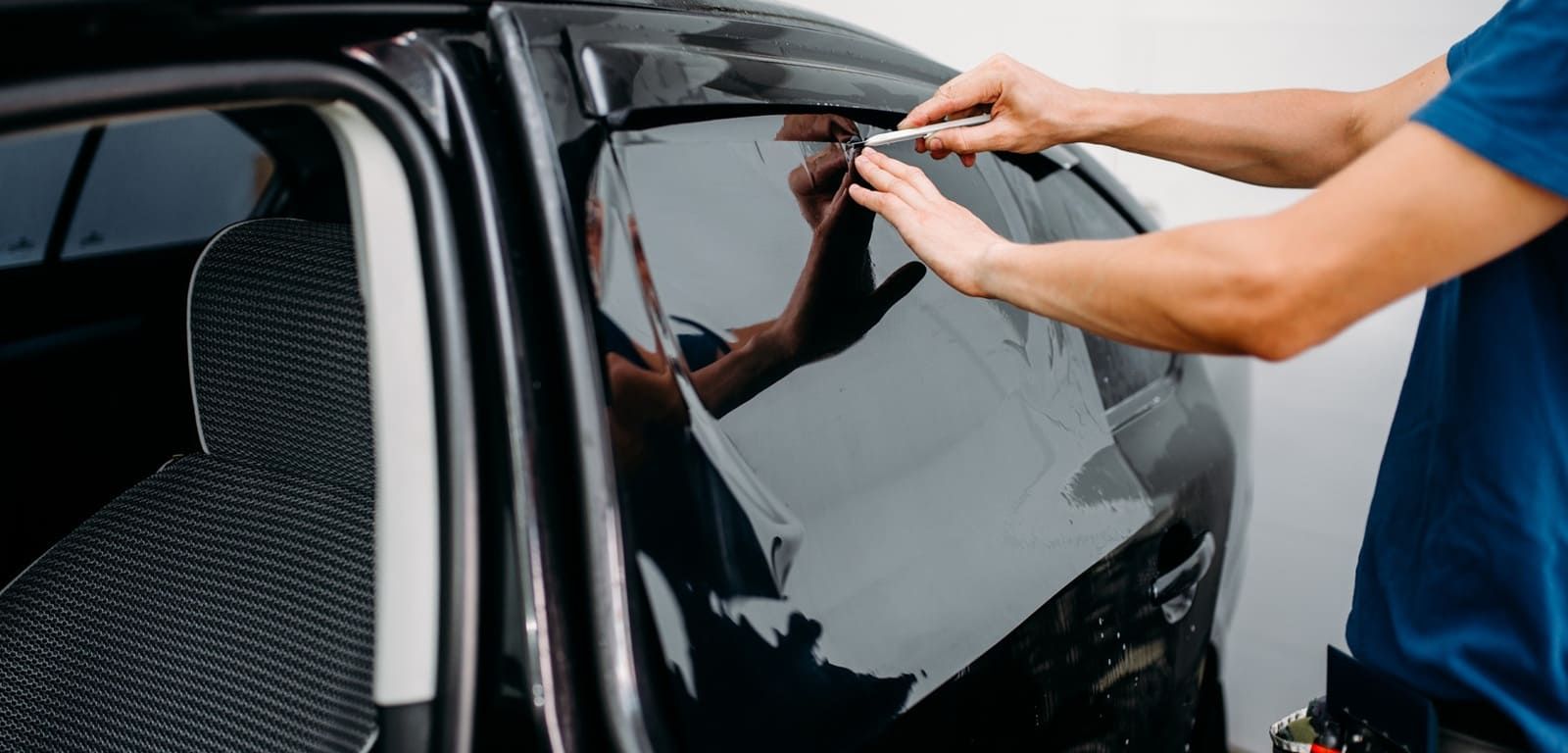How Window Tinting Can Help Protect Your Car’s Interior
Window tinting does not just protect you from the sun, it also protects your car's interior from the sun. Here's everything you need to know.
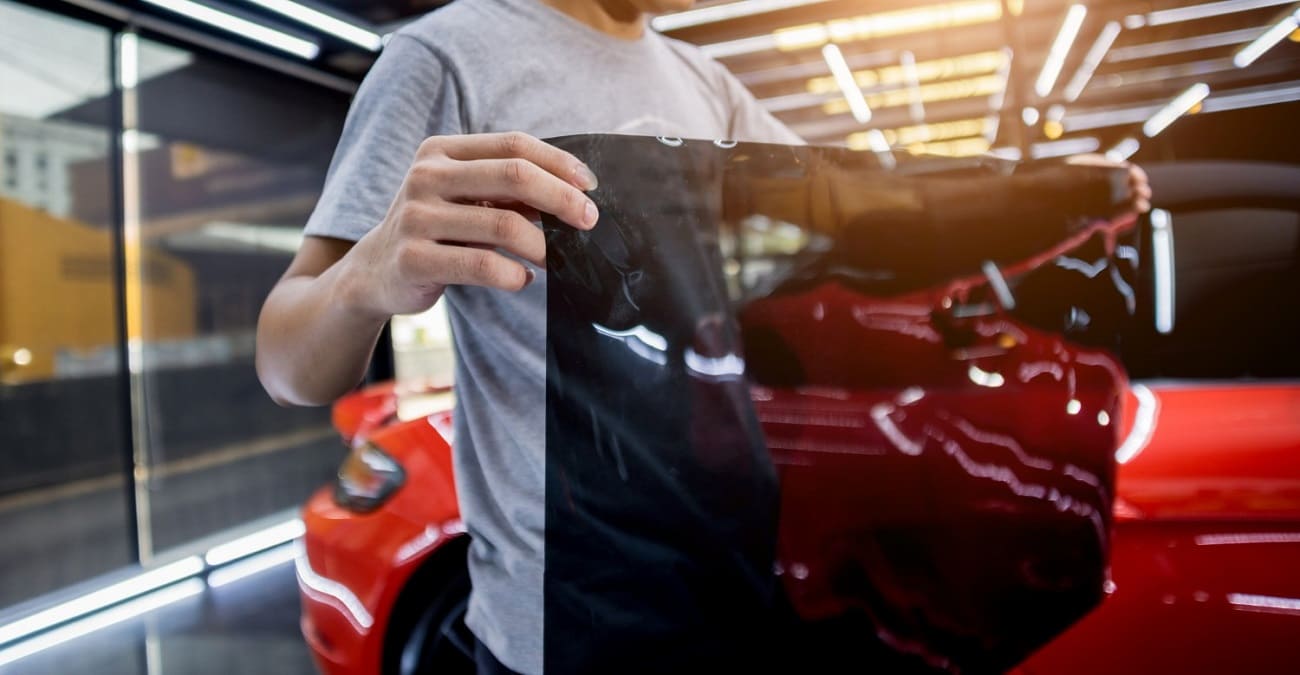
There are around 287 million registered vehicles on the road in the U.S. There is also a thriving market for OEM and aftermarket parts. This suggests that many car owners also have a vested interest in maintaining their vehicles for as long as possible.
Despite that interest, most preservation activities on the part of car owners focus on the car's mechanical elements, such as the engine or brakes. Yet, it's often your car interior that's most vulnerable to damage over time.
Enter window tinting. When done properly, window tinting can help preserve interior car elements. Keep reading to learn how window tinting works, and what it can do for your car's interior.
What Is Window Tinting?
In essence, auto window tinting is the process of applying one of several possible films to your vehicle's windows. These films typically go on the interior surface of your windows and come in a variety of opaqueness levels.
While auto tinting companies should mention this, many states put a limit on how dark of a tint you can put on your windows. If you get a tint that exceeds the state's limits, you may find yourself getting tickets or required to remove the tinting from your vehicle windows.
Types of Window Tinting?
As noted above, there are a variety of window tint film types. Some of the more common types include:
- Ceramic tint films
- Dye tint films
- Metallized tint film
- High-visibility film
Each type of window tint offers benefits and pitfalls. For example, dye tint films are often the most economical option, but will typically wear out the fastest. High-visibility films, by contrast, offer no real privacy benefits but minimize UV and heat.
You'll want to discuss each option with your auto tint service provider to fully understand the benefits of each. That will let you better weigh the value of the benefits against the different price points for each type of window tint film.
How Is Window Tinting Applied?
While the full process of applying window tinting is a rather involved one, a basic understanding of the process can prove helpful in understanding the potential timeline for getting your car windows tinted.
Cleaning
Each window you want tinted must receive a thorough cleaning, inside and out. This removes any lingering dirt, dust, or particulates that might interfere with the tint adhering to your window.
Sizing
The tinting service will typically soak the outside of your window and press the tint film against it. This lets the film hold in place for a short time. The technicians can then cut the film to the approximate right size.
They will leave a bit of overhang around all the edges. After this, the technician will slowly trim the film down to the right size for the interior of the window.
Application
Once they size the film correctly, the technician will remove the backing from the film and expose the adhesive. The inside of the window will receive another round of soapy water.
The technician will then apply the adhesive side of the film to the interior of the window and move it around until it's in place. They'll use a squeegee to remove air and soap bubbles.
This process might sound straightforward, but the devil is in the details. In most cases, it's better to leave it to a professional to get the best results.

Window Tinting Benefits
It's easy for people to look at tinted windows in vehicles and presume that it's pure vanity. While that's probably accurate for some people, window tinting can actually provide some legitimate benefits that will let you maintain the interior of your car.
Reduce Interior Temperatures
Ever go out to your car on a summer day, open the door, and get a faceful of blisteringly hot air? Most people have at some point in their lives.
That heat may just seem like an annoyance, but it's more than that. All of that heat trapped inside your car can actually act a lot like an oven.
If you've ever left a chicken breast in the oven too long, you know that it dries that chicken out. The same thing can happen to your car's interior.
The heat can dry out or bake things like your dashboard and steering wheel, which leads to cracking. If you have leather seats, the same thing can happen to the leather.
Beyond that, the heat can cause damage to the electronics in your car, like a car stereo or onboard GPS system.
Block UV Light
Another key benefit of window tinting for your car is the option to block out UV light. UV light from the sun can do a lot of terrible things to a car interior.
For one, UV light can slowly but surely leach the color out of your dashboard and any fabric in the vehicle. Beyond that, UV light can slowly deteriorate things like the rubber weather stripping you commonly see around windows.
Beyond that, UV light can speed up the cracking process that heat starts on parts of your car interior, such as your dashboard.
While this process takes time, the end result can mean a lot of expensive repairs for your vehicle.
Tinting can cut the amount of UV light that gets into your car by a lot. The exact amount depends on the specific tint you pick. The reduction in UV light means that you extend the life of your car interior parts.
Window Tinting and You
Car window tinting isn't just for people with too high of an opinion of themselves. Window tinting is something that helps you preserve and extend the life of your car's interior.
Window tinting helps minimize the amount of heat that gets trapped in your car on hot days. This cuts down on the baking effect for plastic parts and electronics.
Tinting can also limit UV light, which slows down the degradation of plastic, leather, and cloth components.
Latitude 33 Window Tint offers car window tinting services in the West Columbia, SC area. For more information, contact Latitude 33 Window Tint today.

